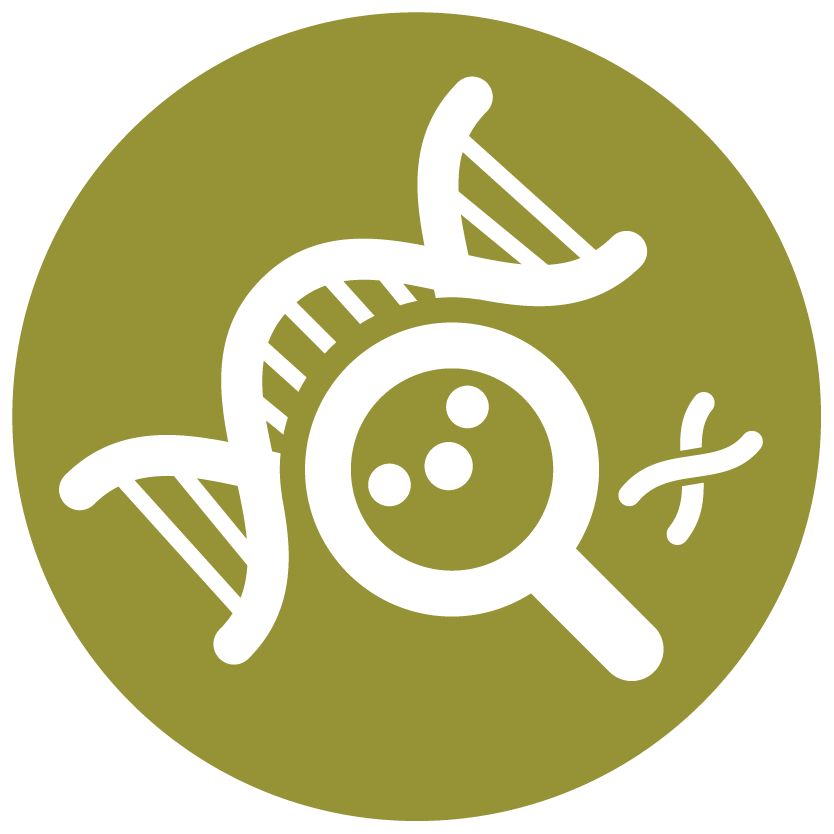Discovery and Basic Research
Keynote: Redox Biology and Cancer Therapeutics
-

Kenneth Tew, PHD, DSc, FASPET
Charir Pharmacology
Medical University of South Carolina -

Tamer Fandy, PhD, BCGP, FCP
Professor & Chair, Department of Pharmaceutical & Adminstrative Sciences
University of Charleston
Charleston, West Virginia
Keynote Speaker(s)
Moderator(s)
Contingent upon concentration, reactive oxygen species influence cancer evolution in apparently contradictory ways, either initiating/stimulating tumorigenesis and supporting transformation/proliferation of cancer cells or causing cell death. To accommodate high ROS levels, tumor cells modify sulfur-based metabolism, NADPH generation and the activity of antioxidant transcription factors. During initiation, genetic changes enable cell survival under high ROS levels by activating antioxidant transcription factors or increasing NADPH via the pentose phosphate pathway (PPP). During progression and metastasis, tumor cells adapt to oxidative stress by increasing NADPH in various ways.
Redox homeostasis is frequently dysregulated in human disease, particularly cancer. Recent and ongoing efforts seek to validate and extend a redox focused platform for the discovery/development of anticancer drugs. As the primary source of cellular redox buffer, thiols (in particular glutathione) have been therapeutically targeted in cancer treatment, myeloproliferation, hematopoietic progenitor cell mobilization and immune response. A number of “redox modulating” drugs have been, or are, under development and the pipeline seems viable. Moreover, S-glutathionylation is a protein post-translational modification that influences a number of critical cell pathways and defining the “glutathionome” has the possibility to provide opportunities for target identification for therapeutic intervention perhaps with a relevance that parallels ongoing efforts with the kinome.
Learning Objectives:
- understand the interface of redox homeostasis and cell functions
- Appreciate teh complex glutathione based pathways in maintenance of redox homeostasis
- explore the platform of drug doscovery as related to redox in cancer drug discovery
- Interrogate the critical nature of protein S-glutathionylation in cancer cell function
- Relate differences in redox pathways in cancer and normal cells

